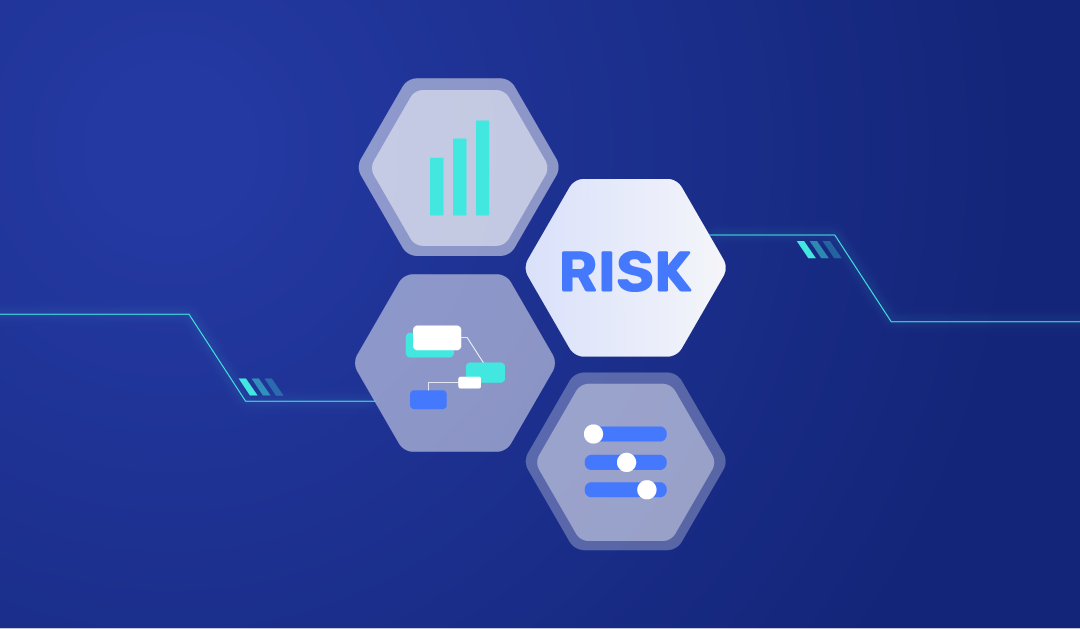Decentralized Finance, or DeFi, has revolutionized the financial landscape, offering unprecedented opportunities for investors and tech enthusiasts alike. By leveraging blockchain technology, DeFi platforms provide a decentralized alternative to traditional financial systems, promising greater transparency, accessibility, and innovation. However, like any emerging technology, DeFi carries its own set of risks. In this blog post, we’ll delve into the key risks associated with DeFi that every potential investor should be aware of.
Smart Contract Vulnerabilities
Smart contracts are the backbone of DeFi platforms, automating transactions and enforcing the terms of agreements without the need for intermediaries. However, these self-executing contracts are not immune to bugs and vulnerabilities. A single flaw in the code can be exploited by malicious actors, leading to significant financial losses. For instance, the infamous DAO hack in 2016 resulted in the theft of $60 million worth of Ether, highlighting the potential risks associated with poorly audited smart contracts.
Regulatory Uncertainty
DeFi operates in a relatively unregulated environment, which can be both an advantage and a risk. The lack of clear regulatory guidelines means that users are often exposed to legal uncertainties. Governments around the world are still grappling with how to regulate DeFi, and future regulations could impact the operations and legality of DeFi platforms. This uncertainty can pose significant risks for investors, as regulatory crackdowns could lead to the shutdown of platforms or the freezing of assets.
Market Volatility
Cryptocurrencies, the primary assets traded on DeFi platforms, are notoriously volatile. Sudden price swings can lead to substantial gains, but they can also result in severe losses. The highly speculative nature of the DeFi market means that investors must be prepared for rapid and unpredictable changes in asset values. This volatility is exacerbated by the relative lack of liquidity in DeFi markets compared to traditional financial markets, making it difficult to execute large trades without significantly impacting prices.
Security Risks
While blockchain technology is inherently secure, DeFi platforms and protocols can still be susceptible to various security threats. Hacks, phishing attacks, and other forms of cybercrime are prevalent in the DeFi space. In many cases, the decentralized nature of these platforms means that there is no recourse for users who fall victim to these attacks. Unlike traditional banks, which are often insured and regulated, DeFi platforms typically do not offer the same level of protection for users’ funds.
Impermanent Loss
Impermanent loss is a unique risk associated with providing liquidity to DeFi protocols. When users supply assets to liquidity pools, they may experience impermanent loss if the prices of the assets diverge significantly from their initial values. This phenomenon occurs because the automated market makers (AMMs) used in DeFi platforms constantly rebalance the pool, leading to potential losses for liquidity providers. While impermanent loss can be mitigated through various strategies, it remains a critical risk that liquidity providers must consider.
Lack of Consumer Protection
Traditional financial institutions are subject to strict consumer protection regulations, ensuring that customers’ rights are safeguarded. In contrast, DeFi operates in a largely unregulated environment, which means that users may not have the same level of protection. If something goes wrong—such as a platform failure or a hack—users often have limited options for recourse. This lack of consumer protection is a significant risk, particularly for those who are new to the DeFi space and may not fully understand the potential dangers.
Conclusion
Decentralized Finance offers exciting opportunities and the potential to reshape the financial industry, but it is not without its risks. Smart contract vulnerabilities, regulatory uncertainty, market volatility, security threats, impermanent loss, and lack of consumer protection are all critical factors that investors must consider. As with any investment, it is essential to conduct thorough research and understand the risks involved before diving into the DeFi space. By staying informed and cautious, investors can better navigate the complexities of DeFi and make more informed decisions.
By understanding these risks, you can better prepare yourself and make informed decisions when engaging with DeFi platforms. Always remember that while the promise of high returns can be enticing, the risks are equally significant. Stay educated, stay cautious, and navigate the DeFi space with care.

